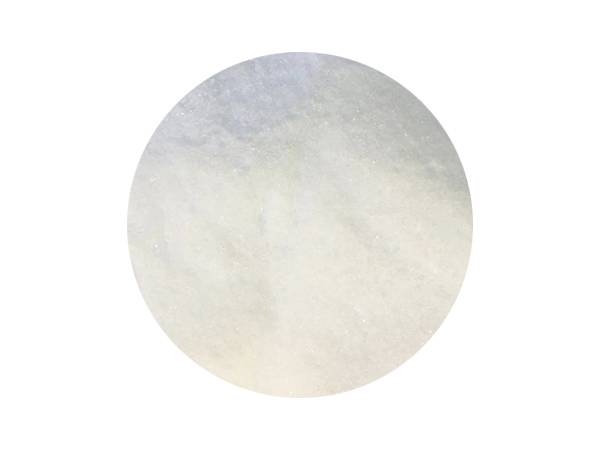



Chemicals for Effective Treatment of Industrial Water Resources and Wastewater Management
Industrial Water Treatment Chemicals Essential Solutions for Modern Industry
In today’s industrial landscape, water plays a crucial role in various processes, from manufacturing to energy production. However, the presence of contaminants in water sources necessitates effective treatment solutions to ensure the safety and efficiency of operations. Industrial water treatment chemicals are integral to this process, providing the necessary tools to manage water quality and protect industrial systems.
One primary category of industrial water treatment chemicals is coagulants, which facilitate the aggregation of suspended particles in water, aiding in their removal. Common coagulants include aluminum sulfate and ferric chloride. These chemicals help clarify water by causing impurities to clump together, making them easier to filter out. This process is essential for industries that rely on high-quality water, such as food and beverage manufacturing, pharmaceuticals, and textiles.
Another vital group of chemicals is flocculants, which work in conjunction with coagulants. Flocculants are long-chain polymers that promote the gathering of coagulated particles, forming larger aggregates or flocs that can be removed from the water more efficiently. The use of flocculants enhances sedimentation and filtration processes, significantly improving the overall water treatment effectiveness and reducing chemical consumption.
industrial water treatment chemicals

Biocides are also critical in preventing microbial growth in water systems. Industries, particularly in cooling towers and closed-loop systems, face issues like biofouling and bacterial contamination that can compromise operational efficiency. Chemicals such as chlorine, bromine, and isothiazolinones serve as effective biocides, controlling the proliferation of harmful microorganisms and ensuring safe water use.
Corrosion inhibitors are another essential component of water treatment. They protect industrial equipment from rust and degradation caused by corrosive water conditions. By forming a protective layer on metal surfaces, these chemicals extend the lifespan of pipelines, boilers, and cooling systems, ultimately reducing maintenance costs and preventing unexpected downtimes.
Moreover, scale inhibitors prevent the formation of mineral deposits in water systems, which can clog pipes and reduce efficiency. This is particularly crucial in industries where water hardness is prevalent, as scale buildup can lead to significant operational challenges. Chemicals like polyacrylic acid and phosphonates effectively bind with scale-forming minerals, keeping them in solution and minimizing deposition.
In conclusion, industrial water treatment chemicals are essential for maintaining water quality in various industrial applications. By employing coagulants, flocculants, biocides, corrosion inhibitors, and scale inhibitors, industries can ensure not only compliance with regulations but also operational efficiency and longevity of their systems. As industrial processes continue to evolve, so too will the innovations in water treatment chemistry, supporting a sustainable future for industries around the globe.
-
Why Strontium Carbonate Still MattersNewsJun.06,2025
-
Why BaSO4 MattersNewsJun.06,2025
-
Why Barium Carbonate Still MattersNewsJun.06,2025
-
Strontium Hydroxide: A Versatile Compound for Modern ApplicationsNewsJun.06,2025
-
Strontium Chloride in Daily IndustryNewsJun.06,2025
-
Pure Potassium Nitrate for SaleNewsJun.06,2025
-
What Is Sodium Bisulfate Used For?NewsMay.15,2025










